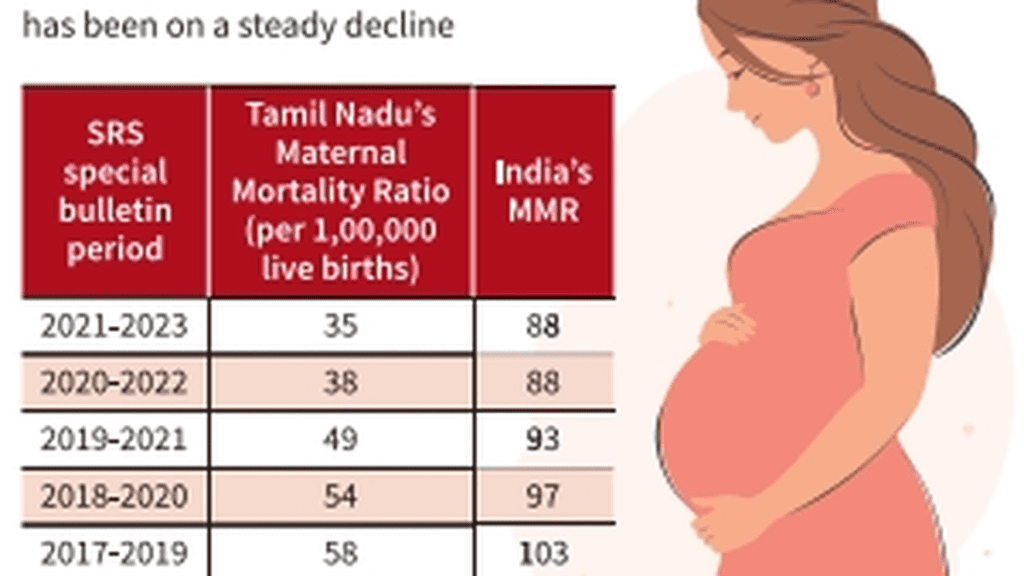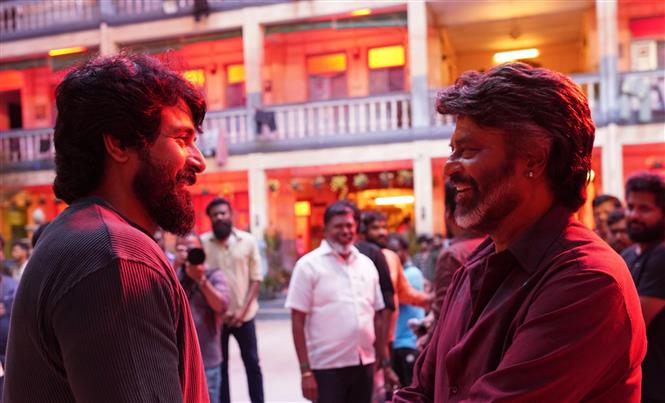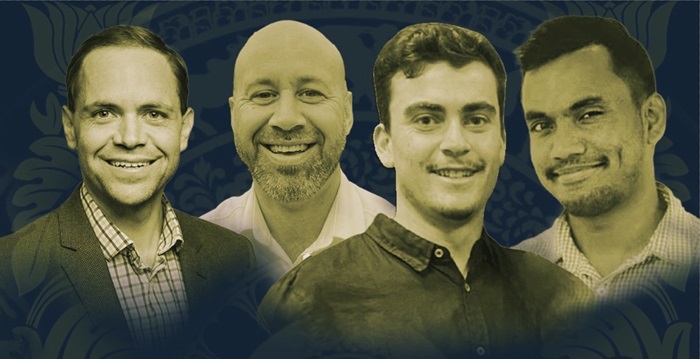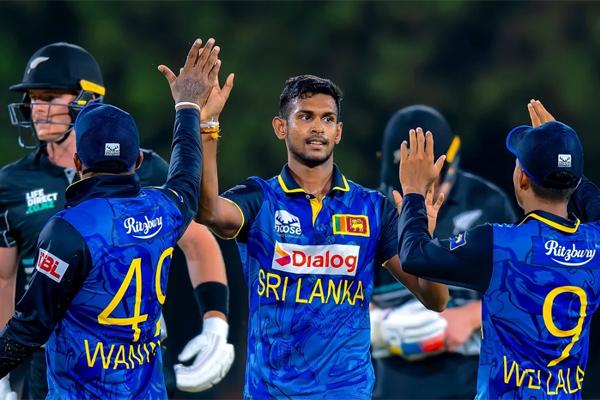Donald Trump signs executive order to block transgender athletes from women’s sports; plans to pressure the IOC to do the same
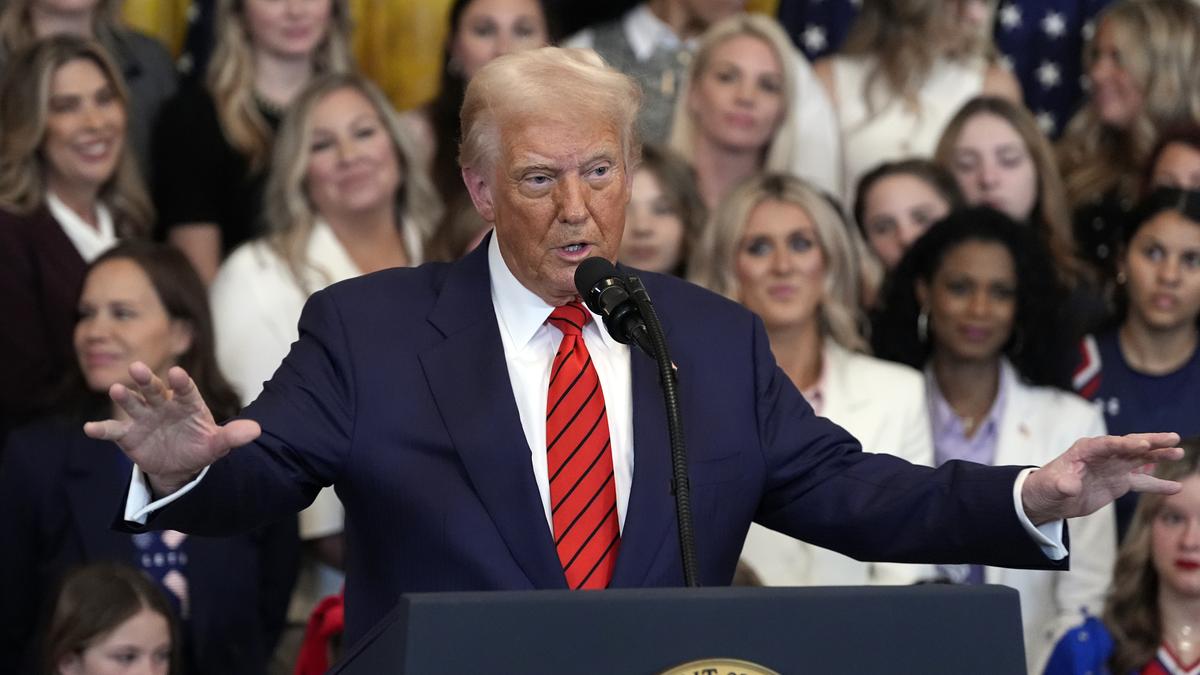
Donald Trump signs executive order to block transgender athletes from women’s sports; plans to pressure the IOC to do the same
President Donald Trump is ready to take his fight against transgender athletes to the International Olympic Committee.
Trump said on Wednesday, during a signing ceremony for an executive order aimed at banning transgender athletes from women’s sports, that his administration wants the IOC to “change everything having to do with the Olympics and this absolutely ridiculous subject” ahead of the 2028 Summer Games in Los Angeles.
The order empowers the office of the Secretary of State to pressure the IOC to amend the standards governing Olympic sporting events “to promote fairness, safety and the best interests of female athletes by ensuring that eligibility for participation in women’s sporting events is determined according to sex and not gender identity or testosterone reduction.”
It also calls for the Secretary of State and the Department of Homeland Security to “review and adjust, as needed, policies permitting admission to the United States of males seeking to participate in women’s sports.” There is no evidence that male athletes have competed in women’s Olympic events.
Outgoing IOC president Thomas Bach said in December that Olympic organisers were “very confident” they could work with the Trump administration. The president had initially backed Los Angeles during his first term when the city bid for the 2024 Games, which were eventually awarded to Paris.
Officials with the LA28 organising committee did not immediately respond to a request for comment.
LA28 organising committee chairman Casey Wasserman reportedly met with Trump in Florida last month, before Trump’s second term began, with Wasserman saying afterwards that both were looking forward to delivering a successful Games.
The IOC has largely stayed out of the discussion around transgender athletes, leaving it to the international governing bodies for each sport to set the parametres for gender participation.
The rules can run the gamut. Entities such as World Aquatics have very strict guidelines, while World Triathlon’s rules are more liberal.
The IOC’s stance could change considerably in the near future following Bach’s retirement. Among the candidates to replace him is former track star Sebastian Coe, now the leader of World Athletics. Coe has been a strong proponent of limiting participation in female sports to cisgender women.
Two years ago, track and field under Coe banned transgender athletes from international competition — adopting the same rules as swimming — and introduced new regulations that require some athletes to undergo hormone-suppressing treatment for six months before they are eligible to compete.
The rhetoric around transgender athletes heated up at the Paris Olympics last summer, with Trump eagerly entering the fray.
On the campaign trail, Trump frequently misgendered two Olympic female boxers as men and said their ability to participate in the Paris Games was “demeaning to women,” even though both Imane Khelif of Algeria and Li Yu-ting of Taiwan were assigned female at birth and identify as women.
Trump referenced both athletes again on Wednesday.
“They had two women or two people that transitioned and both of them won gold medals and they won them very convincingly,” Trump said. “But all of that ends today because, with this executive order, the war on women’s sports is over.”
The question going forward is what kind of leverage the United States can use to influence the IOC. Given the volatile nature of the issue, Trump’s order could spark a groundswell among international federations for the IOC to adopt a uniform standard.



